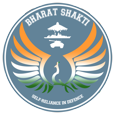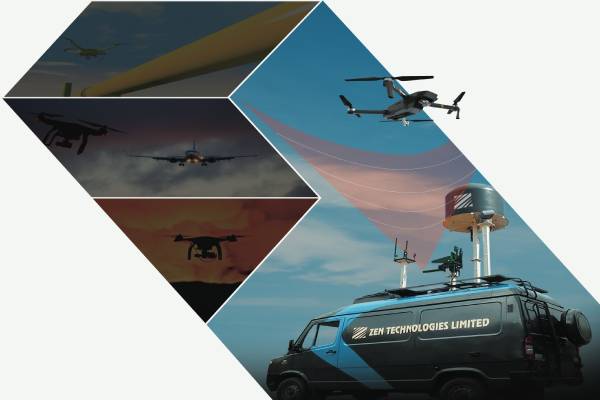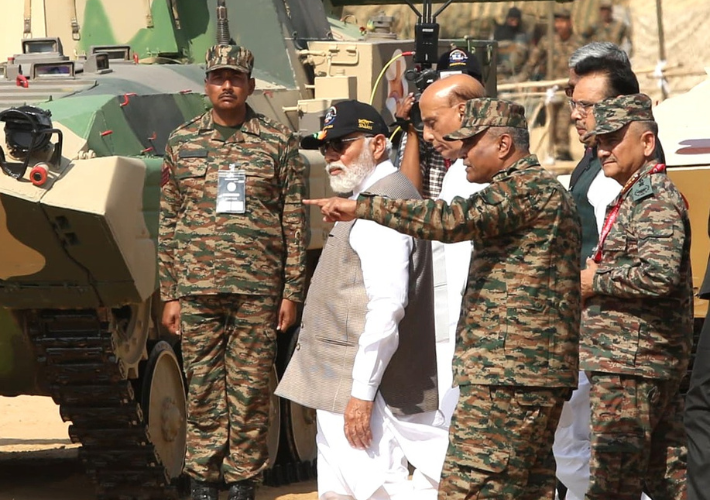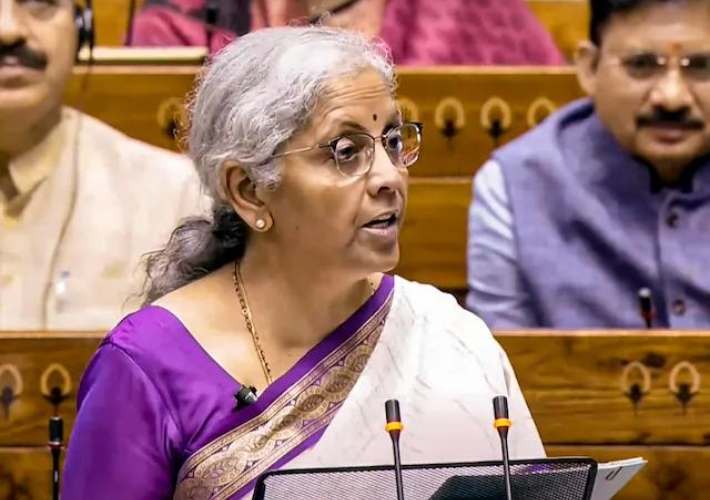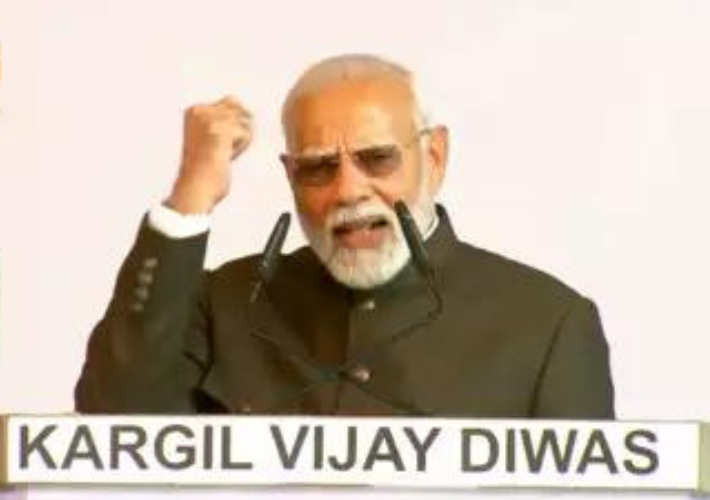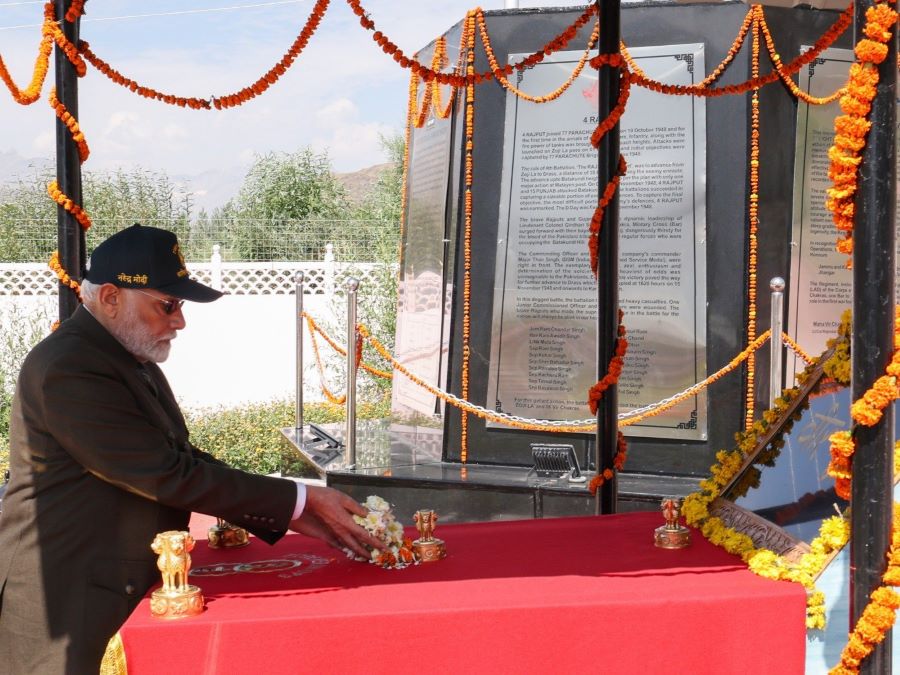EDITORIAL FOREWORD
Defence contracts in India have often been mired in controversies; yet, we have had no guidelines being offered in successive versions of DPP that have a set of guidelines to deal with them. The unique nature of defence contracts calls for focussed processes and procedures to deal with complaints while ensuring that such activities do not lead to crippling delays in defence procurement thus affecting operational efficiency of the defence forces. Currently these were being handled as per the general guidelines of Central Vigilance Commission (CVC) and DoP&T on the subject; however, the formulation of the Guidelines for Handling of Complaints by the MoD provides the establishment with a framework to address the issues in a systematic manner. The guidelines issued take into consideration the CVC/ DoP&T processes and outline a methodology for time bound disposal.
The complaints have been divided into two categories: complaints by public and those by vendors. Those by public have been subdivided into two groups, one in which the identity of the originator is clearly and give the other where it’s doubtful/pseudonymous. In the first case the complaint will be progressed and additional evidence asked from the originator, while in the later case attempts will be made to identify the complainant. If no headway is made the complaint would be treated as anonymous. Pseudonymous complaints will be dealt with as per CVC/ DoP&T guidelines.
Complaints from vendors, if not found genuine, or vexatious/ frivolous in nature, will be referred to the Ombudsman, and action taken as per his advice with the RM’s approval. The Guidelines also present the details of an Integrity Pact Bank Guarantees on a sliding scale depending on the value of the contract.
The procedure for processing complaints other than anonymous/pseudonymous stipulates that complaints in respect of procurement cases under delegated powers of SHQs/IDS/CGHQ, will be forwarded to the concerned CFA who in turn will have it investigated by the Service HQ/ concerned establishment, and after taking advice of the Ombudsman, if required, dispose it off. Complaints received directly by SHQs/IDS/CGHQ will be examined within 30 days.
Processing of complaints in respect of procurement cases other than those under delegated powers involves processing by the Acquisition Council. For complaints regarding technical aspects like TEC/RFP/FET etc. the Technical Manger’s office would undertake the task while complaints pertaining to later stages of acquisition like CNC, the JS AMs would handle. Complaints from Public Representatives/VIPs would be similarly processed. The laid down processing time is 60 days.
Ombudsmen have an important role in pursuing complaints. A panel of experts is to be maintained by MoD and Service HQ and one or more can be selected as Ombudsman for a period of two years only. Parallel processing for acquisition will continue until and unless CVC specifically desires a hold. Whistle blowers will be given the same protection as laid down by CVC Guidelines.
The guidelines for handling of complaints finally reiterate that notwithstanding these Guidelines, RM/ Defence Secretary may require any complaint to be enquired into in such manner as may be directed by them.

